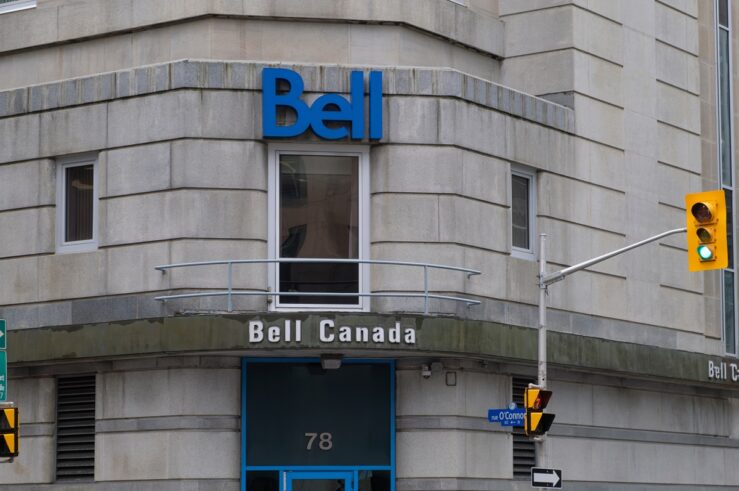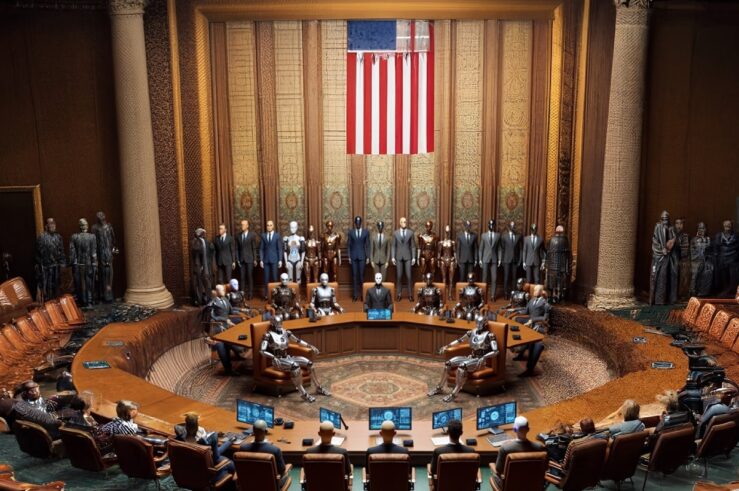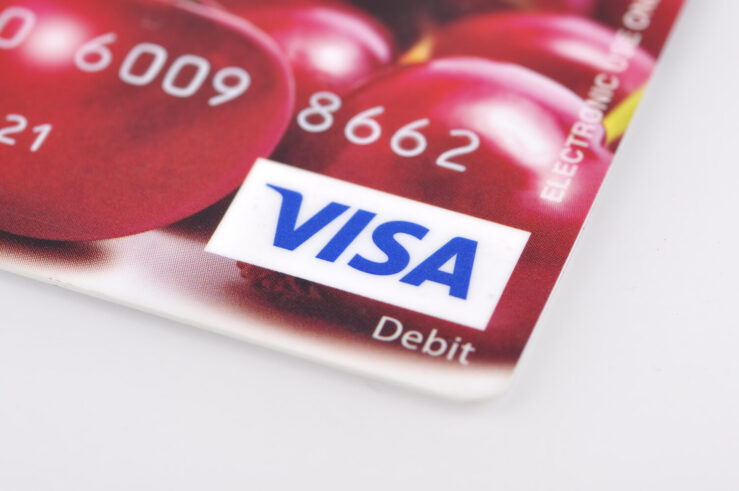In a recent op-ed, Robert Bork Jr. laments the Biden administration’s drive to jettison the Consumer Welfare Standard that has formed nearly half a century of antitrust jurisprudence. The move can be seen in the near-revolution at the Federal Trade Commission, in the president’s executive order on competition enforcement, and in several of the major antitrust bills currently before Congress.
Bork notes the Competition and Antitrust Law Enforcement Reform Act, introduced by Sen. Amy Klobuchar (D-Minn.), would “outlaw any mergers or acquisitions for the more than 80 large U.S. companies valued over $100 billion.”
Bork is correct that it will be more than 80 companies, but it is likely to be way more. While the Klobuchar bill does not explicitly outlaw such mergers, under certain circumstances, it shifts the burden of proof to the merging parties, who must demonstrate that the benefits of the transaction outweigh the potential risks. Under current law, the burden is on the government to demonstrate the potential costs outweigh the potential benefits.
One of the measure’s specific triggers for this burden-shifting is if the acquiring party has a market capitalization, assets, or annual net revenue of more than $100 billion and seeks a merger or acquisition valued at $50 million or more. About 120 or more U.S. companies satisfy at least one of these conditions. The end of this post provides a list of publicly traded companies, according to Zacks’ stock screener, that would likely be subject to the shift in burden of proof.
If the goal is to go after Big Tech, the Klobuchar bill hits the mark. All of the FAANG companies—Facebook, Amazon, Apple, Netflix, and Alphabet (formerly known as Google)—satisfy one or more of the criteria. So do Microsoft and PayPal.
But even some smaller tech firms will be subject to the shift in burden of proof. Zoom and Square have market caps that would trigger under Klobuchar’s bill and Snap is hovering around $100 billion in market cap. Twitter and eBay, however, are well under any of the thresholds. Likewise, privately owned Advance Communications, owner of Reddit, would also likely fall short of any of the triggers.
Snapchat has a little more than 300 million monthly active users. Twitter and Reddit each have about 330 million monthly active users. Nevertheless, under the Klobuchar bill, Snapchat is presumed to have more market power than either Twitter or Reddit, simply because the market assigns a higher valuation to Snap.
But this bill is about more than Big Tech. Tesla, which sold its first car only 13 years ago, is now considered big enough that it will face the same antitrust scrutiny as the Big 3 automakers. Walmart, Costco, and Kroger would be subject to the shifted burden of proof, while Safeway and Publix would escape such scrutiny. An acquisition by U.S.-based Nike would be put under the microscope, but a similar acquisition by Germany’s Adidas would not fall under the Klobuchar bill’s thresholds.
Tesla accounts for less than 2% of the vehicles sold in the United States. I have no idea what Walmart, Costco, Kroger, or Nike’s market share is, or even what comprises “the” market these companies compete in. What we do know is that the U.S. Department of Justice and Federal Trade Commission excel at narrowly crafting market definitions so that just about any company can be defined as dominant.
So much of the recent interest in antitrust has focused on Big Tech. But even the biggest of Big Tech firms operate in dynamic and competitive markets. None of my four children use Facebook or Twitter. My wife and I don’t use Snapchat. We all use Netflix, but we also use Hulu, Disney+, HBO Max, YouTube, and Amazon Prime Video. None of these services have a monopoly on our eyeballs, our attention, or our pocketbooks.
The antitrust bills currently working their way through Congress abandon the long-standing balancing of pro- versus anti-competitive effects of mergers in favor of a “big is bad” approach. While the Klobuchar bill appears to provide clear guidance on the thresholds triggering a shift in the burden of proof, the arbitrary nature of the thresholds will result in arbitrary application of the burden of proof. If passed, we will soon be faced with a case in which two firms who differ only in market cap, assets, or sales will be subject to very different antitrust scrutiny, resulting in regulatory chaos.
Publicly traded companies with more than $100 billion in market capitalization
| 3M | Danaher Corp. | PepsiCo |
| Abbott Laboratories | Deere & Co. | Pfizer |
| AbbVie | Eli Lilly and Co. | Philip Morris International |
| Adobe Inc. | ExxonMobil | Procter & Gamble |
| Advanced Micro Devices | Facebook Inc. | Qualcomm |
| Alphabet Inc. | General Electric Co. | Raytheon Technologies |
| Amazon | Goldman Sachs | Salesforce |
| American Express | Honeywell | ServiceNow |
| American Tower | IBM | Square Inc. |
| Amgen | Intel | Starbucks |
| Apple Inc. | Intuit | Target Corp. |
| Applied Materials | Intuitive Surgical | Tesla Inc. |
| AT&T | Johnson & Johnson | Texas Instruments |
| Bank of America | JPMorgan Chase | The Coca-Cola Co. |
| Berkshire Hathaway | Lockheed Martin | The Estée Lauder Cos. |
| BlackRock | Lowe’s | The Home Depot |
| Boeing | Mastercard | The Walt Disney Co. |
| Bristol Myers Squibb | McDonald’s | Thermo Fisher Scientific |
| Broadcom Inc. | Medtronic | T-Mobile US |
| Caterpillar Inc. | Merck & Co. | Union Pacific Corp. |
| Charles Schwab Corp. | Microsoft | United Parcel Service |
| Charter Communications | Morgan Stanley | UnitedHealth Group |
| Chevron Corp. | Netflix | Verizon Communications |
| Cisco Systems | NextEra Energy | Visa Inc. |
| Citigroup | Nike Inc. | Walmart |
| Comcast | Nvidia | Wells Fargo |
| Costco | Oracle Corp. | Zoom Video Communications |
| CVS Health | PayPal |
Publicly traded companies with more than $100 billion in current assets
| Ally Financial | Freddie Mac |
| American International Group | KeyBank |
| BNY Mellon | M&T Bank |
| Capital One | Northern Trust |
| Citizens Financial Group | PNC Financial Services |
| Fannie Mae | Regions Financial Corp. |
| Fifth Third Bank | State Street Corp. |
| First Republic Bank | Truist Financial |
| Ford Motor Co. | U.S. Bancorp |
Publicly traded companies with more than $100 billion in sales
| AmerisourceBergen | Dell Technologies |
| Anthem | General Motors |
| Cardinal Health | Kroger |
| Centene Corp. | McKesson Corp. |
| Cigna | Walgreens Boots Alliance |





